I think it is not possible at the moment, because Crashlytics is making an Answers instance:
public Crashlytics build() {
if(this.coreBuilder != null) {
if(this.core != null) {
throw new IllegalStateException("Must not use Deprecated methods delay(), disabled(), listener(), pinningInfoProvider() with core()");
}
this.core = this.coreBuilder.build();
}
if(this.answers == null) {
this.answers = new Answers();
}
if(this.beta == null) {
this.beta = new Beta();
}
if(this.core == null) {
this.core = new CrashlyticsCore();
}
return new Crashlytics(this.answers, this.beta, this.core);
}
Crashlytics(Answers answers, Beta beta, CrashlyticsCore core) is not public, so we cannot instanciate this. Also the answers field is final, so you cannot override it. I think there is now way to let the user decide if they want to use answers.
Hey Fabric/Google, you should make a programmatically way to opt out for a session, to give the programmer the option to let the user decide if they want to be counted in some way.
EDIT
My solution is to to use a wraper for all needed funtioncs and init, feel free to use it:
public class AnalyticsWrapper {
static AnalyticsWrapper instance;
public static void initialize(Context context, boolean optOut) {
if (instance != null) throw new IllegalStateException("AnalyticsWrapper must only be initialized once");
instance = new AnalyticsWrapper(context.getApplicationContext(), optOut);
}
public static AnalyticsWrapper getInstance() {
if (instance == null) throw new IllegalStateException("AnalyticsWrapper must be initialized before");
return instance;
}
final boolean optOut;
private AnalyticsWrapper(Context context, boolean optOut) {
this.optOut = optOut;
initFabric(context);
}
public boolean isOptOut() {
return optOut;
}
private void initFabric(Context context) {
if (!optOut) {
if (!BuildConfig.DEBUG) {
Timber.plant(new CrashlyticsLogExceptionTree());
Timber.plant(new CrashlyticsLogTree(Log.INFO));
}
Crashlytics crashlyticsKit = new Crashlytics.Builder().core(
new CrashlyticsCore.Builder().disabled(BuildConfig.DEBUG)
.build())
.build();
Fabric fabric = new Fabric.Builder(context).kits(crashlyticsKit)
.debuggable(BuildConfig.DEBUG)
.build();
Fabric.with(fabric);
}
}
public void crashlyticsSetString(String key, String value) {
if (!optOut) {
Crashlytics.setString(key, value);
}
}
public void logException(Throwable throwable) {
if (!optOut) {
Crashlytics.logException(throwable);
}
}
public void logEvent(CustomEvent event) {
if (!optOut) {
Answers.getInstance()
.logCustom(event);
}
}
}
